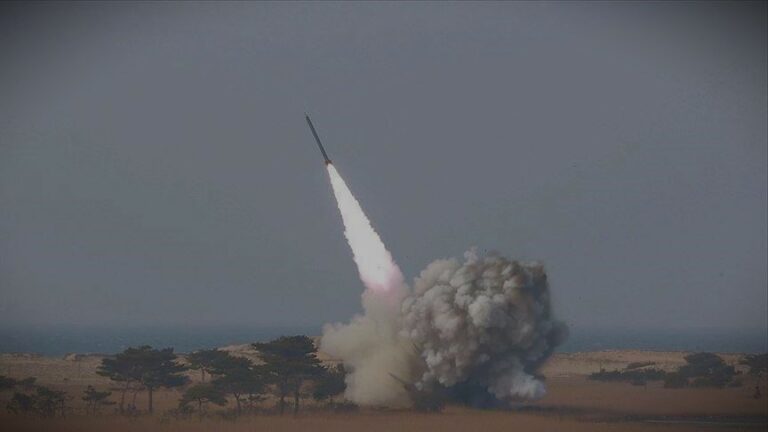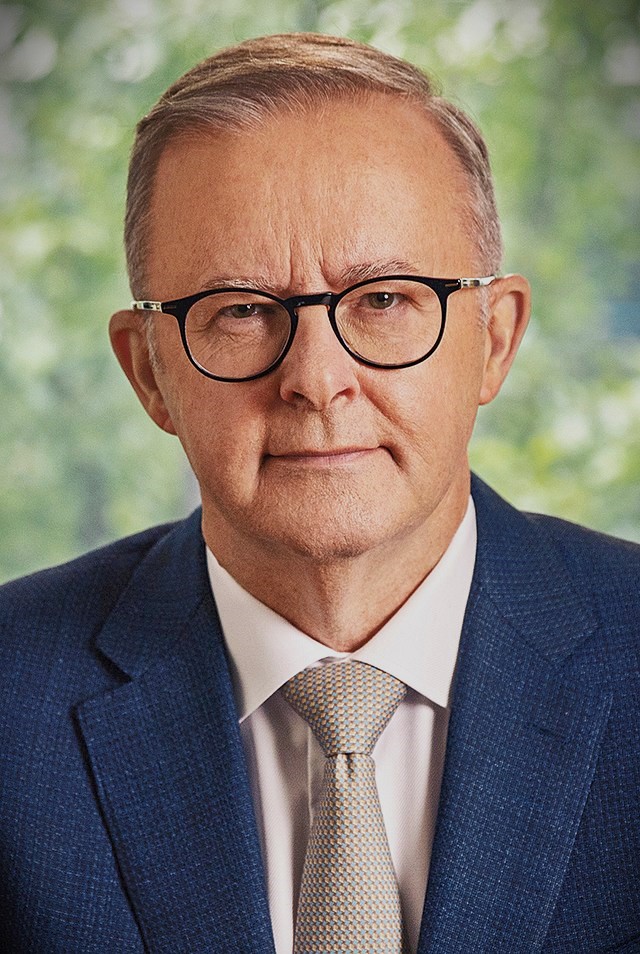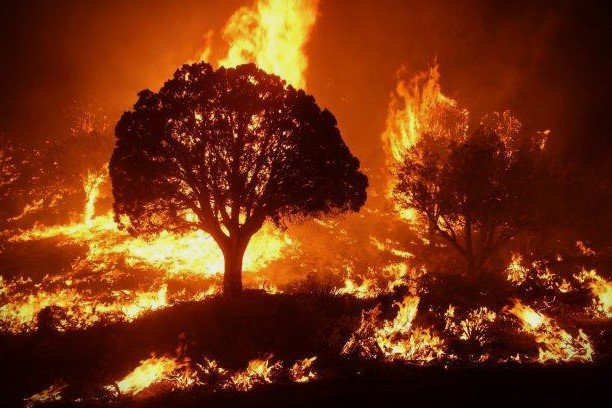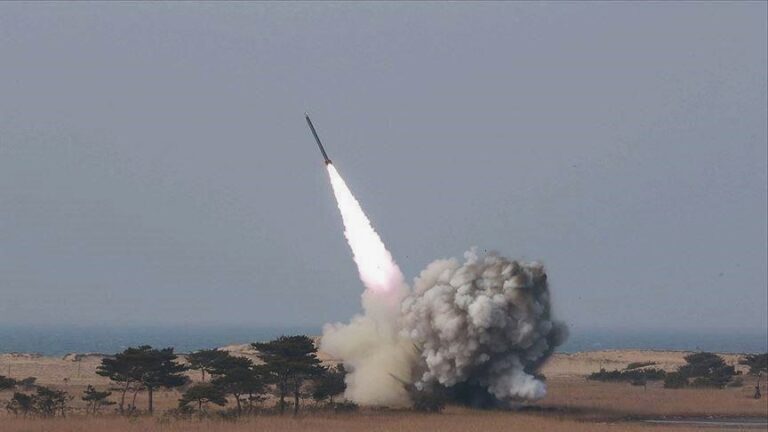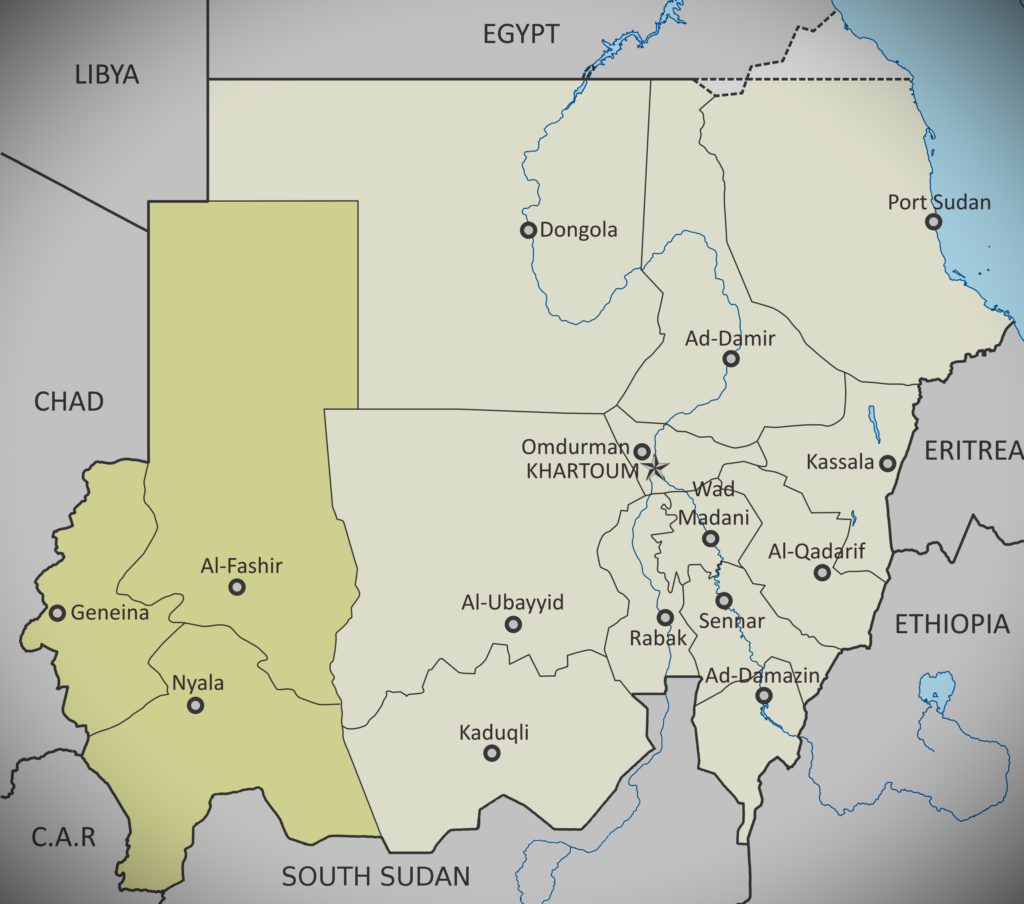
Sudan’s Darfur region is spiraling deeper into tragedy as famine tightens its grip and conflict continues to devastate communities. What was once a region struggling to recover from years of unrest has become the epicenter of one of the world’s most pressing humanitarian disasters.
Massacres in Displacement Camps
In a chilling escalation of violence, the paramilitary Rapid Support Forces (RSF), accompanied by allied militias, launched brutal assaults on several displacement camps and neighborhoods in El-Fasher, North Darfur. The two-day offensive left over 100 people dead—including women, children, and humanitarian workers—and reduced large parts of the Zamzam and Abu Shorouk camps to ashes.
Survivors recount scenes of terror: makeshift homes burning, markets reduced to rubble, and thousands forced to flee into the surrounding desert. The UN has strongly condemned the attacks, calling them an appalling act in a region already teetering on the edge of collapse.
Famine Takes Hold
While violence steals lives with bullets, famine is doing so silently. North Darfur is now officially experiencing famine, according to the Integrated Food Security Phase Classification (IPC), with the displacement camps among the hardest-hit. The war has fractured food supply routes and halted aid distribution, leaving nearly 25 million Sudanese—half the nation’s population—grappling with hunger.
Relief organizations are stretched thin. The World Food Programme has flagged critical funding gaps and access challenges, warning that without immediate support, the crisis could expand beyond already-devastated zones.
A Global Call for Action
In light of the worsening conditions, the United Kingdom, France, and Germany have announced a high-level diplomatic summit set for April 15, 2025. The meeting aims to mobilize global support for a ceasefire, humanitarian aid, and accountability for atrocities committed during the civil war.
Crucially, leaders of Sudan’s Armed Forces and the RSF will be excluded from the talks, as they are seen as obstacles to peace rather than potential partners in rebuilding the nation.
